Japan still holds the position of the country with the highest average life expectancy in the world . Every 25 years, the Japanese life expectancy increases by at least 4 years with very low disease rates.
By 2020, the average life expectancy of Japanese people had increased to a record level for both sexes (87.74 years for women and 81.64 years for men).
In fact, the secret to Japanese longevity does not come from luxuries but is directly related to daily diet.
The people of this country are especially fond of a vegetable and consider it a "food of immortality": chives.
Luckily in Vietnam, this is a popular vegetable but not everyone understands all the uses of these "miracle medicines".
For Japanese people, chives are a healthy vegetable that helps improve health very well.
Chives are also known as cuu thai, khoi duong thao... This is a spice vegetable, often used in preparing some dishes.
In Oriental medicine, chives have a spicy, slightly sour taste, warm properties, and are known as kidney vegetables, good for "men" in terms of physiology.
Thanks to containing anti-inflammatory compounds stronger than antibiotics, chives can be used as a daily food to treat gynecological infections in women.
The ingredients of this vegetable have high nutritional value when rich in good nutrients. Including: protein, antioxidants, fiber, vitamins, minerals (magnesium, calcium, phosphorus, ...), sugars (fructose, glucose, lactose, sucrose) and low in calories.
Specifically, every 1kg of this vegetable contains 5-10g of protein, 5-30g of sugar, along with many vitamins A, C, fiber, calcium, phosphorus,... With nutritional ingredients that are good for the body, chives have many uses.
Good for sleep, improves mood
In the nutritional content of chives, there is a small amount of choline. This is a beneficial nutrient when it works to maintain the structure of cell membranes.
Along with that, it is also beneficial for improving mood, sleep quality as well as muscle control and other functions performed by the brain and nervous system.
Support cancer prevention
Scientific research has shown that chives may be effective in preventing certain cancers.
Thanks to compounds such as sulfur, it has the ability to prevent cancer cells from growing and spreading throughout the body, especially reducing the risk of developing breast cancer.
Chives are effective in preventing some cancers.
Detoxify the body
Chives have diuretic and antibacterial properties and the ability to eliminate free radicals, supporting the process of eliminating excess toxins from the body. Thereby, preventing these toxins from affecting the effective functioning of organs in the body, especially the liver.
Support digestive function
Chives help support the body's digestive function, reduce bloating, indigestion, and constipation. At the same time, they also help eliminate many types of bacteria that are harmful to the digestive system. At the same time, they help the intestines increase their ability to absorb nutrients from consumed foods in the best way.
Strengthen the immune system
Eating chives also helps you supplement a significant amount of vitamin C with the benefit of enhancing the activity of the immune system. Through that, the body is always healthy, ready to fight and destroy viruses and bacteria when they invade and attack the body.
Anti-inflammatory effects
Thanks to the presence of allicin with its excellent antibacterial and anti-inflammatory properties, consuming chives will help wounds heal faster, especially on the skin.
Cardiovascular support
Organic compounds such as allicin and quercetin found in chives are important in reducing bad cholesterol levels in the body. This helps keep blood vessels healthy so they can pump blood well to the heart, helping prevent atherosclerosis, reducing the risk of stroke and heart attack.
Improve memory
Chives contain both choline and folate. These are essential nutrients that help improve brain function. Therefore, adding chives to your diet scientifically can also help improve memory loss in the elderly.
Regular use of chives in winter and spring can help dispel colds, strengthen the body, promote blood circulation, and avoid yang deficiency.
How to eat chives best for health?
Although chives have many nutritional values, you should not use too much chives at once because it can affect the digestive tract. It is best to control the intake at 100-200g/meal.
Note when processing chives, cut them into small pieces and stir-fry over high heat, working quickly. Stir-frying for too long will cause the chives to be crushed, not tasty, and at the same time cause the sulfide in the chives to change.
In addition, you should avoid eating it with some foods such as buffalo meat, beef or honey to limit negative effects on health. At the same time, to avoid poisoning, when preparing food from chives, you should use it up within the day, do not eat if it has been left overnight.
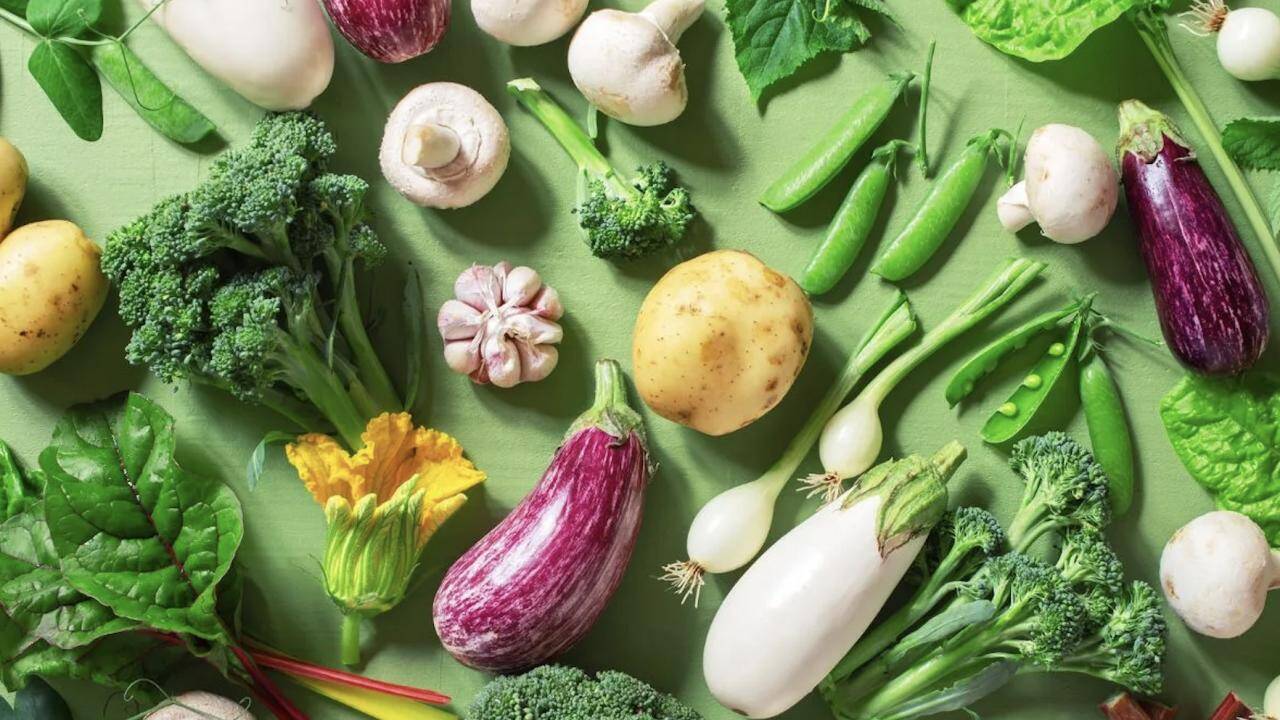
Source


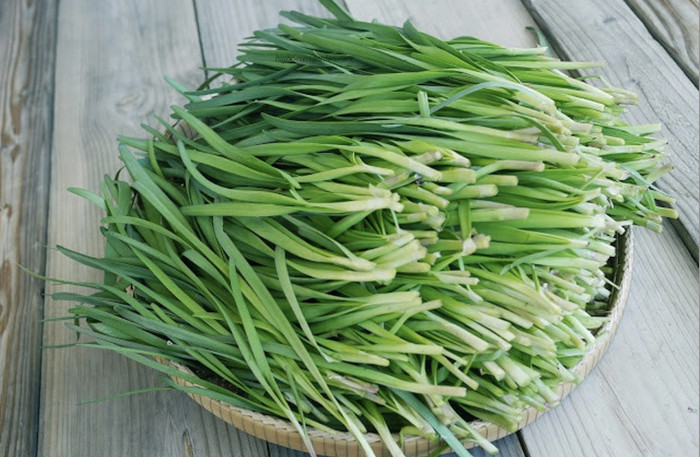
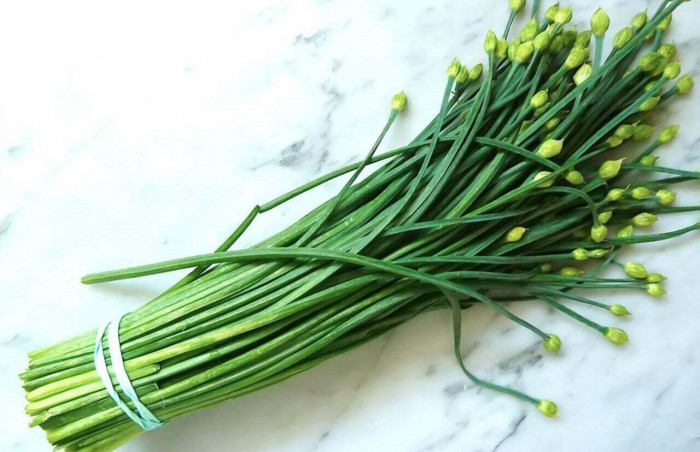
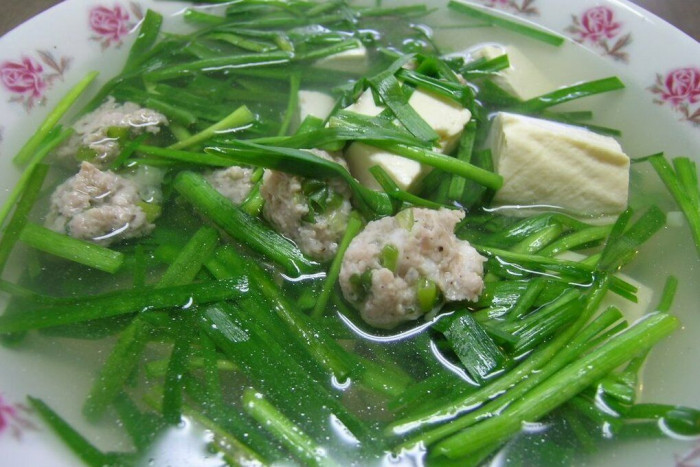
![[Photo] General Secretary To Lam attends the opening of the 1st Government Party Congress](https://vphoto.vietnam.vn/thumb/1200x675/vietnam/resource/IMAGE/2025/10/13/1760321055249_ndo_br_cover-9284-jpg.webp)







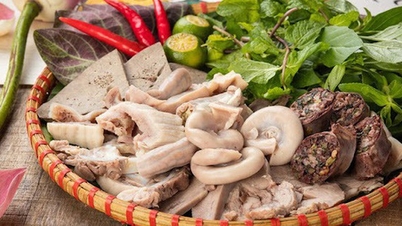

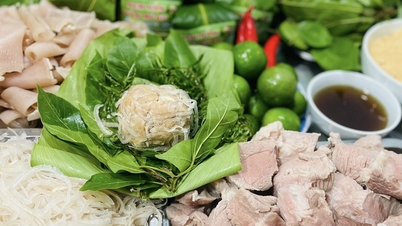




























































































Comment (0)